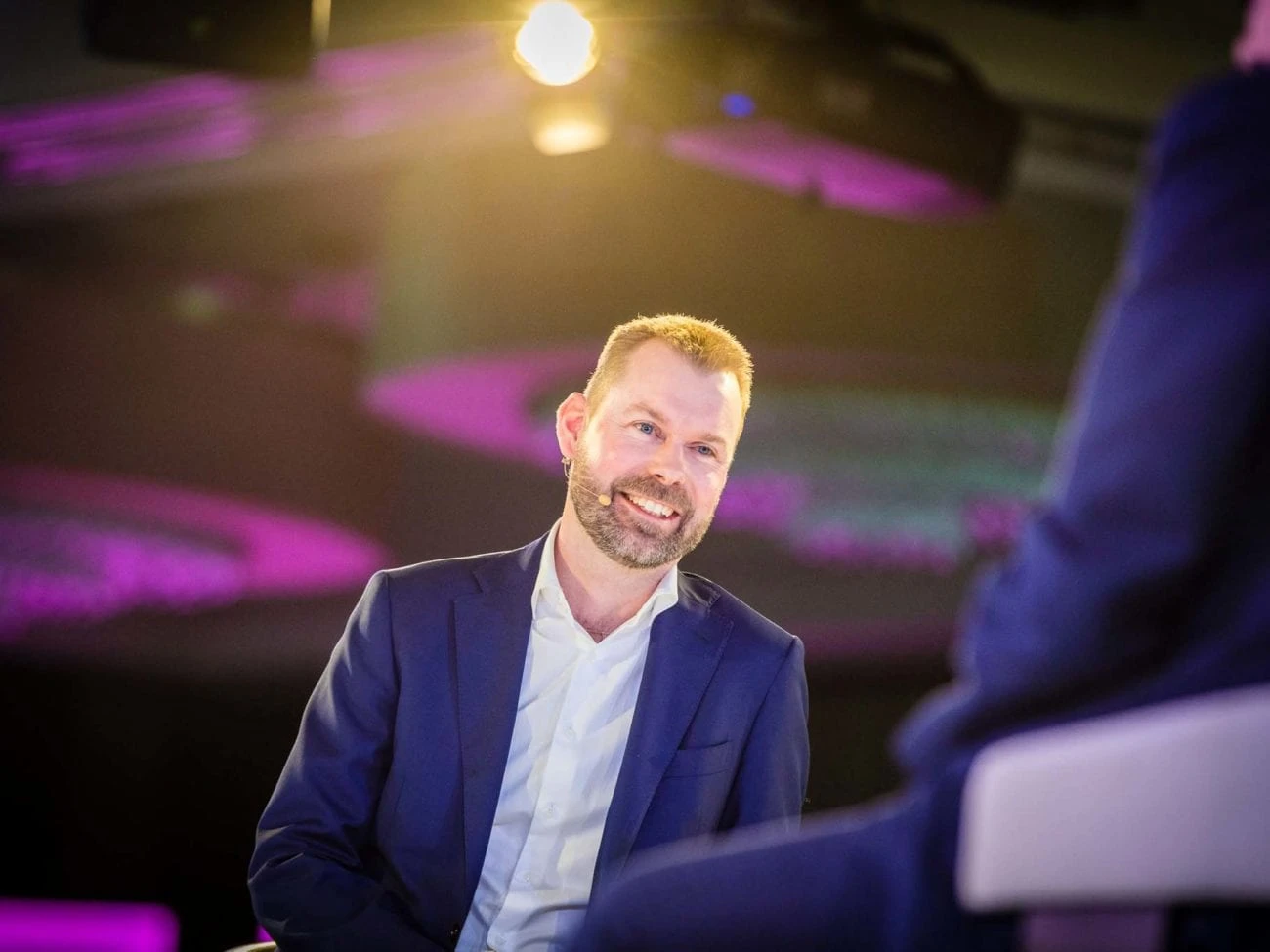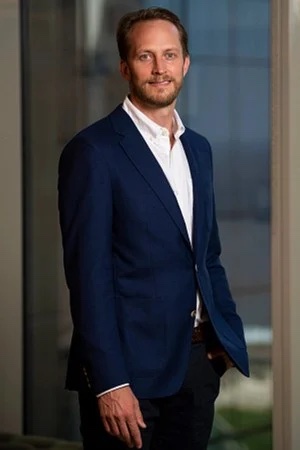Kindred CEO Tjärnström ends tenure as Nils Andén takes charge

Tjärnström first joined Kindred Group, then Unibet, as a non-executive director in 2003. He became its chief financial officer and deputy CEO in 2008, before taking the top job two years later.
“Henrik has been at the helm through many important milestones passed by Kindred and has undoubtedly put his mark on both the history of the company and the industry,” Kindred chairman Evert Carlsson said.
“Thus, on behalf of the board of directors and all shareholders, I would like to thank Henrik for his valuable contributions to the success of Kindred throughout the years he has led the company and wish him well in his future endeavours,” he added.
Tjärnström’s resignation comes days after chief financial officer Johan Wilsby announced he would step down later in 2023.
Nils Andén named interim Kindred CEO
His replacement Nils Andén joined Kindred Group as chief commercial officer in 2020. It is Andén’s second stint at the business, after a decade between 2006 and 2016.
During this time he worked as head of poker, head of established markets and chief marketing officer for the operator’s core Unibet brand. Andén also worked as chief marketing officer for peer-to-peer currency exchange CurrencyFair and as director of digital marketing for GVC Group (now Entain Group).
“I look very much forward to working closely with our board of directors, the executive management team and all employees to achieve the goals of Kindred,” he commented.
“I have a strong belief in our organisation and the business models that have made this company so successful and am more confident than ever in Kindred’s potential.”
Tjärnström said he was “very pleased” the board had chosen Andén as his interim replacement. This would guarantee a smooth handover, he added.
Carlsson described Andén as “naturally very knowledgeable about the operations of Kindred”.
“The board of directors deems that Nils is ideally suited to assume this role in these pivotal times for Kindred.”
While Henrik Tjärnström oversaw significant growth across multiple markets during his tenure, signs suggested shareholders were in favour of change at the top.
Did a potential sale influence CEO resignation?
Last year, iGB revealed the operator’s board approached a number of operators such as Entain, 888 and Tipico over a potential acquisition, as well as private equity giants Apollo Global and Blackstone.
This followed pressure from activist shareholder Corvex Management to look at strategic alternatives for the business. Corvex secured a seat on the Kindred board last October, with partner James Gemmel named a non-executive director.
There was little interest in pursuing the opportunity at the time, however. Kindred was perceived as failing to “update its business model as markets regulate”, according to a source with knowledge of the process.
Another source suggested the company’s progress in growing its position in locally regulated markets was too slow. “In my opinion, this is because there had not been a change in management,” they said.
In April this year, Kindred then confirmed that a strategic review to assess options for a sale, merger or divesting part of the business was under way.
2022 struggles
All this followed a difficult 2022 for the business, in which it missed its targets for the fourth quarter of the year. This contributed to a 15.2% year-on-year decline in full year revenue to £1.07bn, with net profit dropping 59.2% to £120.1m.
In the wake of the missed Q4 targets Henrik Tjärnström said “no item was sacred” as he looked to cut costs and build a more efficient business.
“We take this very seriously, and the deviation that we see from our expectations and the market’s expectations; that’s why we’re taking actions now to improve profitability in the short and medium term,” he said.
In recent years, Tjärnström oversaw initiatives such as Kindred’s shift to a proprietary sports betting platform, ending its long-standing partnership with sportsbook technology specialist and former subsidiary Kambi. That agreement is due to end in 2024.
The new platform, developed from its racing tech stack, was approved for launch in New Jersey in April this year.


